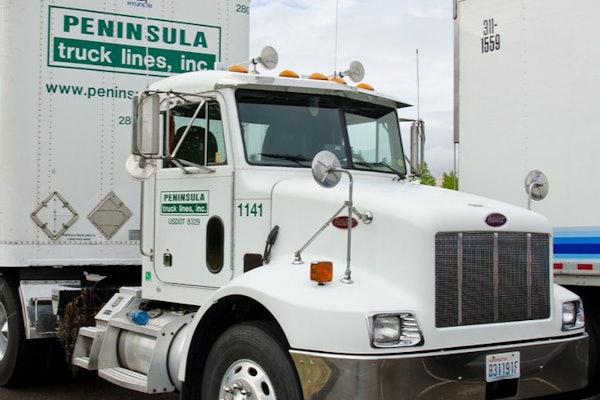The American Trucking Associations has urged the U.S. Environmental Protection Agency to prevent the California Air Resources Board from implementing performance standards for engines used to cool refrigerated tractor-trailers over concerns they will require trucks nationwide to comply with California-specific regulations, thus creating a de facto national standard. ATA, in comments filed with EPA, said the impacts of California’s new engine emissions regulations will extend far beyond the state’s borders.
According to ATA, the requirement will force nearly 340,000 refrigerated tractor-trailers nationwide to comply with California regulations, regardless of the amount of time spent operating in the state. This number, which ATA says is 30 times greater than CARB assumed in its original estimate, will require 75 percent of the total refrigerated tractor-trailers outside of California to either be retrofitted, scrapped or replaced with new equipment during the life of the rule. The California Trucking Association and ATA’s Agricultural and Food Transporters Conference also filed comments.
“CARB’s request goes beyond the authority afforded California under the Federal Clean Air Act,” says Glen Kedzie, ATA assistant general and environmental counsel. “This rule is contrary to the very intent of Congress under the Act by effectively creating a new national engine emissions standard.” ATA also says the regulation will cost the motor carrier industry between $775 million and $1.4 billion: CARB estimated costs would range between $87 million and $156 million.
CARB in February 2004 adopted the regulation requiring any diesel engine used to power refrigerated trucks operating in the state to meet stringent California-only standards before the end of 2008. To comply with the rule, CARB said that fleets could retrofit existing refrigerated units, replace existing engines, establish a 7-year trade-in cycle or create California-only refrigerated fleets.







